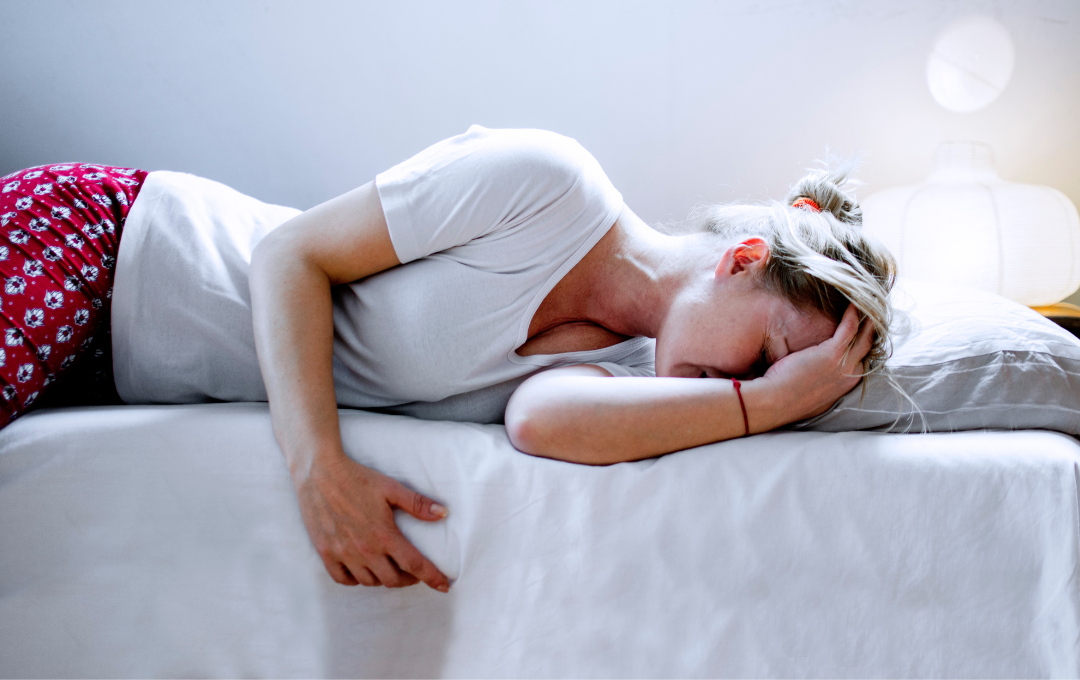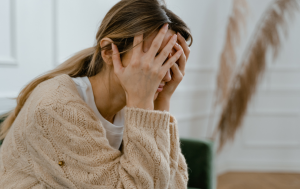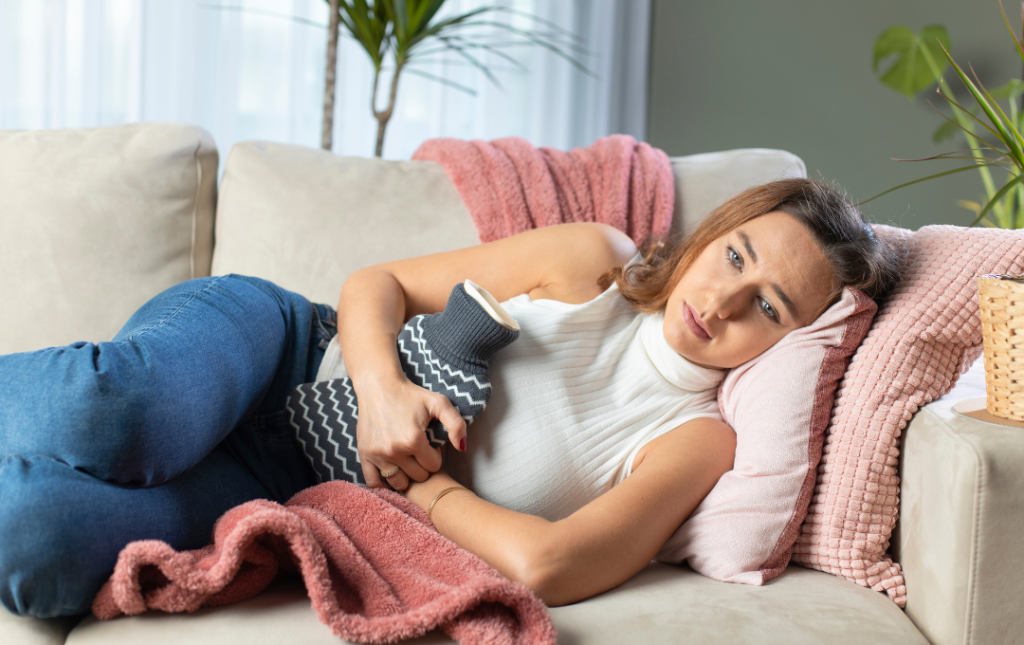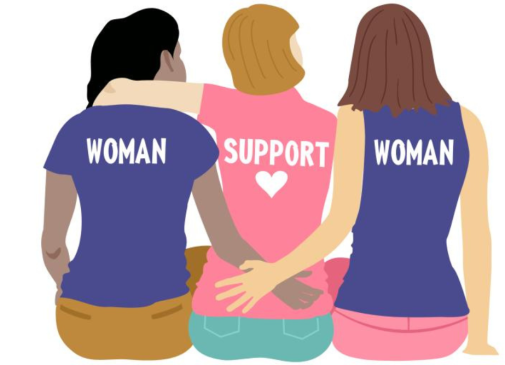
Menstrual cramps can significantly impact your sleep quality, leaving you feeling exhausted and irritable. This is especially true for women with uterine fibroids, as the increased uterine size and pressure from fibroids can intensify cramps and make it difficult to find a comfortable position to rest. The resulting sleep deprivation can further exacerbate symptoms such as fatigue, irritability, and mood swings, creating a vicious cycle that negatively affects your overall well-being.
TyNisa McKinney, who shared her story on Fibroid Fighters, had this to say about cramps, “I missed so many events, vacations, family functions, due to excessive cramping and bleeding.”

McKinney was so frustrated she made an appointment to have a consultation for a hysterectomy. “I was amazed at how many women go through this.” Read her story here.
Understanding What Causes Cramps
Menstrual cramps, those throbbing or pulsating pains in your lower abdomen, are caused by contractions of the uterus as it expels its lining during your period. These contractions, triggered by hormone-like substances called prostaglandins, help push out the uterine lining as a mixture of blood, cells, and vaginal fluids. Prostaglandins also constrict and slow blood flow, which can further intensify the muscle contractions and lead to period pain. Higher levels of prostaglandins are associated with more severe menstrual cramps.
Fibroids can cause menstrual cramps by:
- Increasing the surface area of the uterine lining that must be shed during menstruation. This can lead to stronger contractions and more pain.
- Interfering with the normal shedding of the uterine lining. This can cause the lining to break down unevenly and lead to more cramping.
- Putting pressure on the surrounding organs, such as the bladder or intestines. This can cause pain in the pelvis, abdomen, or back.
Identify Triggers
To find relief from cramps, it is important to understand what triggers them. Some common triggers include stress, caffeine, and alcohol. (1) Research has found that foods like meat, sugar and coffee and foods with high estrogen increases the number of prostaglandins in your body and can make your uterus contract. (2) The contraction of the uterus will increase the cramping and will make you uncomfortable.
Once you know your triggers, you can take steps to avoid them. If you do experience cramps, there are a number of things you can do to ease the pain, such as using a heating pad, taking over-the-counter pain medication, or getting a massage. In some cases, cramps may be a symptom of a more serious underlying condition, so it is important to see a doctor if you are concerned.



While period cramps can be unpleasant, there are several ways to alleviate the discomfort at home. Over-the-counter pain relievers, such as nonsteroidal anti-inflammatory drugs (NSAIDs) like ibuprofen and acetaminophen, can effectively combat cramps. NSAIDs work by reducing prostaglandin levels, which are inflammatory compounds that contribute to menstrual cramps.
Disrupted Sleep and Fibroids

If you find that your period cramps are consistently disrupting your sleep, it’s crucial to seek medical attention. Your doctor can help determine whether uterine fibroids are contributing to your symptoms and recommend appropriate treatment options. By managing fibroids and addressing sleep disturbances, you can reclaim control over your menstrual cycle and restore your overall health and well-being.
When You Need to See a Doctor
If your period cramps severely disrupt your daily activities, gradually worsen over time, or you just started experiencing intense cramps after the age of 25, it’s advisable to consult a healthcare professional. Excessive menstrual pain isn’t a normal occurrence, and underlying conditions such as endometriosis, uterine fibroids, pelvic inflammatory disease, and cervical stenosis could be causing the discomfort.
Remember, while period cramps aren’t always indicative of a reproductive disorder, it’s crucial to listen to your body and pay attention to its signals. If you have any concerns, don’t hesitate to discuss them with your healthcare provider. While some mild discomfort is common, significant pain isn’t an inevitable part of menstruation, and you deserve to be free from suffering.
Learn more
Stay informed about the latest fibroid news and sign up for the Fibroid Fighter newsletter.
For more information, contact us at 855-455-5262 or [email protected].







